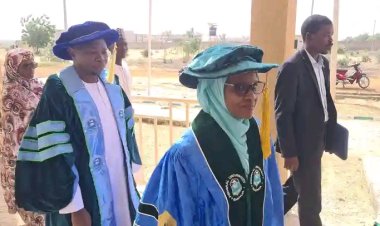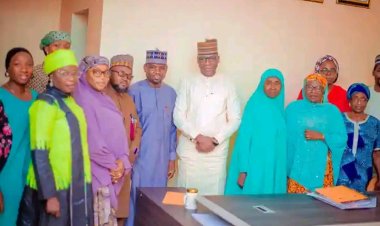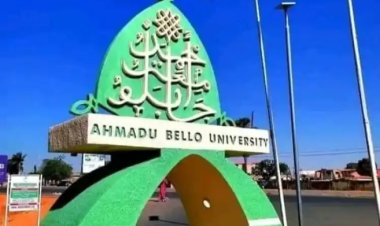I Did Not Build Schools as Anambra Governor- Peter Obi
Peter Obi, Labour Party's presidential candidate, responds to criticisms about not building new schools during his governorship in Anambra.
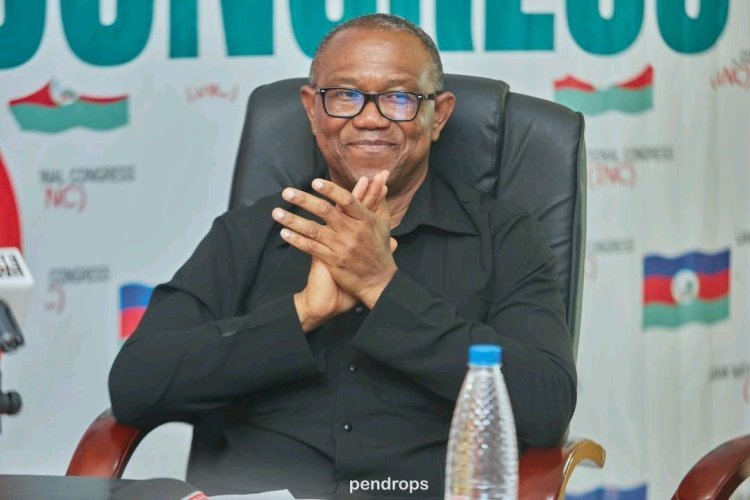
Peter Obi, the presidential candidate of the Labour Party (LP), has responded to claims that he did not construct any new schools during his tenure as Governor of Anambra State. This response follows criticisms by a social media influencer, Reno Omokri, who challenged Obi to identify a single school he built from scratch and completed during his eight years in office.
During a press conference in Abuja on Wednesday, Obi clarified his stance on education during his governorship. He explained that when he took office, the educational system in Anambra State was in disarray, with schools shut down and the state ranking 26th in national education standings. By the time he left office, Anambra had climbed to the top spot.
RELATED: Name One School Peter Obi Built in Anambra- Reno Omokri to Obidients
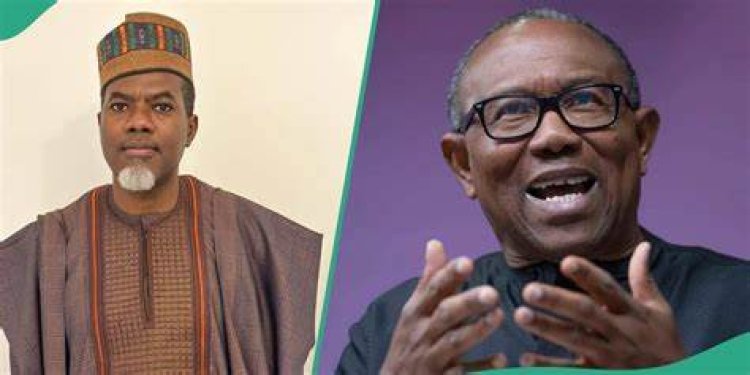
“Building new schools when the old ones are moribund is just like building coastal lines when internal roads are impassable,” Obi said, emphasizing his approach to improving existing schools over constructing new ones. According to him, his priority was to revitalize and improve the quality of education in existing institutions rather than focusing on new construction.
SUGGESTED; Peter Obi Grants N10 Million to St. Charles Borromeo College of Nursing Sciences, Anambra
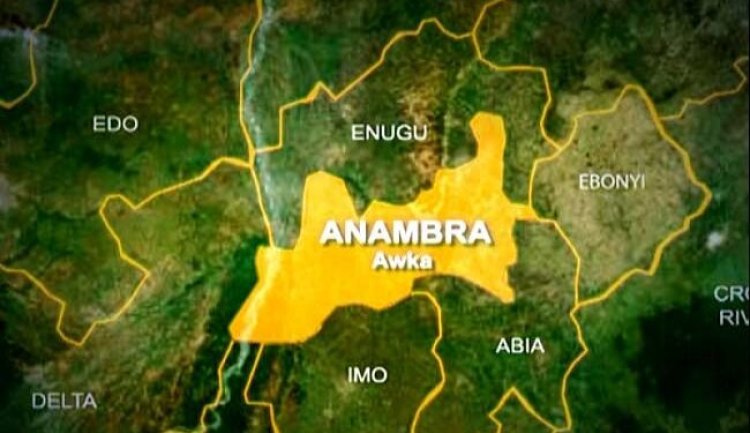
Peter Obi mentioned that under his leadership, Anambra State's education sector underwent a significant transformation, with schools receiving the basic resources and infrastructure they needed. The result was an improvement in the quality of education and a boost in the overall well-being of students and teachers. He stressed that his administration's focus was on enhancing the quality of education rather than constructing new buildings.
FOLLOW: UBEC and Anambra SUBEB Train School Counsellors on Tackling Social and Environmental Issues
His remarks serve as a response to critics who question his approach to education during his tenure and offer insights into the broader strategies he employed to improve the state's educational outcomes.

 Mary Nwaeze
Mary Nwaeze 